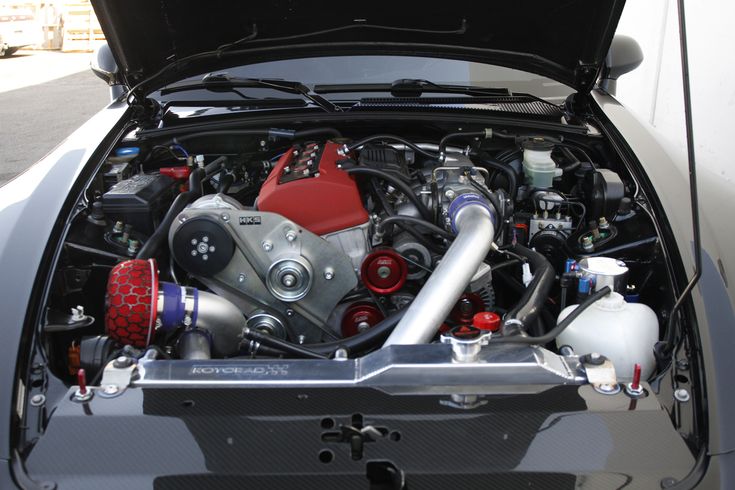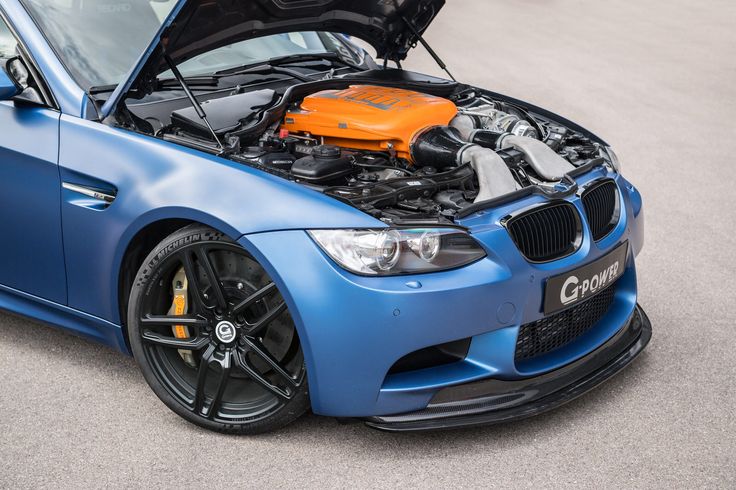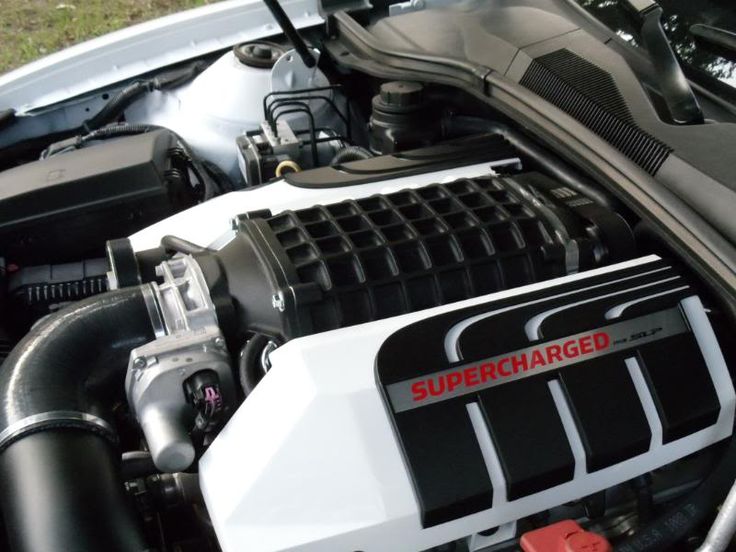To have outstanding performance for your car, many car enthusiasts choose to use a supercharger to add more horsepower to the engine. But a real question is how much horsepower does a supercharger add? Not every driver knows the exact number, let’s find out with Car From Japan!
Contents
How Does A Supercharger Work?
Essentially, a supercharger is a compressor/pump that takes air from ambient pressure, compresses it, and moves it to the engine. The engine’s average pressure will be increased if a large amount of air is added to the cylinders, helping the engine to produce more power. The supercharger is connected to the crankshaft via a belt to provide direct power.
Due to using energy from the engine, the supercharger always operates even in low-speed conditions. The main responsibility of the supercharge is to increase the pressure or density of the air supplied to the internal combustion engine. With these functions, each charge cycle is supplied with more oxygen, giving fuel combustion more efficient and increasing the output power of the engine.

Currently, there are two main types of superchargers on the market: positive displacement superchargers (PDS) and dynamic superchargers (DS). The difference between the types is that the PDS always maintains pressure at the same level while the DS generates a variable pressure depending on the engine speed.
- Positive displacement superchargers: this is a fairly common supercharger that works by maintaining a constant pressure level for all engine speeds. Classification Positive Displacement Supercharger is divided into three main types as follows: Root type, Twin Screw type, and vane type…
- Dynamic superchargers: Dynamic Supercharger’s mechanism is different from PDS, air flow pressure and efficiency in DS depend on engine speed (high engine speed will create high pressure). This type is also divided into many types, but the most common is the centrifugal type.
How Much Horsepower Does A Supercharger Add?
Since the invention of the internal combustion engine, automotive engineers and race car designers have been searching for ways to boost its power. One way that comes to mind to add power is to build a bigger engine but this method will come with some problems like more weight and more expensive to build and maintain so a bigger engine is not always a great option when you want to gain more power for your car. Another way to have power is to make the normal-sized engine more efficient. You can do this by forcing more air into the combustion chamber, more air means more fuel can be added and great horsepower.
But the real question is how much hp does a supercharger add? Actually, it’s not a simple answer, the result will depend on the engine and the type of superchargers you choose (the supercharger’s size, how fast it spins, and the number of the intake port for air). Adding a supercharger to any engine is a quick solution for boosting power. The superchargers don’t have any lag compared to turbochargers. The power delivery is immediate and the superchargers can produce good power at lower RPM. The supercharger uses a belt connected to the camshaft to rotate the compressor, providing support from the moment the machine is idling. As a result, traction and power are significantly improved at low RPM.
Generally, when installing the supercharger kit, it will increase the horsepower of your engine between 35% to 50% of what it was before. For over a decade, supercharge systems have delivered the largest and most reliable power gains for the HEMI engine platforms. Power gains of over 160 HP are possible on standard high-quality pump gas for a stock 5.7L HEMI engine. There’s something you should note the engine produces more and more horsepower beyond the original design, and the reliability of the engine will be reduced without other engine modifications to accommodate the additional power. Make sure you choose the right supercharger for your vehicle’s engine power as well as the parts in the engine compartment.
>> Related post: How To Make Your Car Faster For Free?
FAQs
How much is a supercharger?
It’s hard to give you an accurate price to buy and install a supercharger because the price will depend on what type of car and it can cause a difference in the price. But it’s not a small amount, you will expect to pay anywhere between $1500 to $8000 for an aftermarket supercharger. Usually, superchargers will often vary in design and installation, it can take you about 12 hours to install so you also need to factor in labor costs in this case.
Can you put a supercharger on a V6 engine?
Yes, you can put a supercharger on the V6 engine. It can help the V6 engine be more powerful and increase up to 40% horsepower for the V6, however, your car will need some modifications to reach the best result and can meet the standards of a supercharger. The exact horsepower that V6 can make will depend on the engine’s capacity. For example, a 2.5 liter V6 can make up 250 horsepower while a 3.5 V6 can give up to 400 horsepower.
It’s also possible that the supercharger won’t provide your vehicle much power without some significant modifications to your engine. You will need to do some changes like stronger crankshafts or connecting rods, lower compression pistons, upgraded fuel injectors/pumps, radiators, and more to really accommodate the additional airflow.
>> Read more: The High-End Differences Between Superchargers Vs Turbochargers
A supercharger & turbocharger: Which is better?
Supercharger and turbocharger are both parts that perform the function of supercharging the air before it is put into the combustion process, in order to produce more energy for the engine. However, these two systems have differences in drive source, rotational speed, …
Advantages and disadvantages of supercharger:

Pros:
- This is a solution to quickly increase vehicle power thanks to the ability to increase horsepower.
- No delay occurs.
- Good performance at low RPM.
Cons:
- The probability of detonation in an engine using an ignition system is quite high.
- Increased thermal pressure.
- Requires increased engine cooling.
- Increase air load.
Pros and cons of turbocharger
Advantage:
- Large capacity.
- Great power even on small displacement engines.
- Increase fuel efficiency.
- Take advantage of emissions to generate energy for operation.
Disadvantages:
- Pressure delay often happens.
- Your vehicle will have to wait before reaching full pressure.
- It is easy to have a power shock situation that causes the tires to bear a large load, potentially dangerous when moving.
- Consume engine oil due to high rotational speed.



